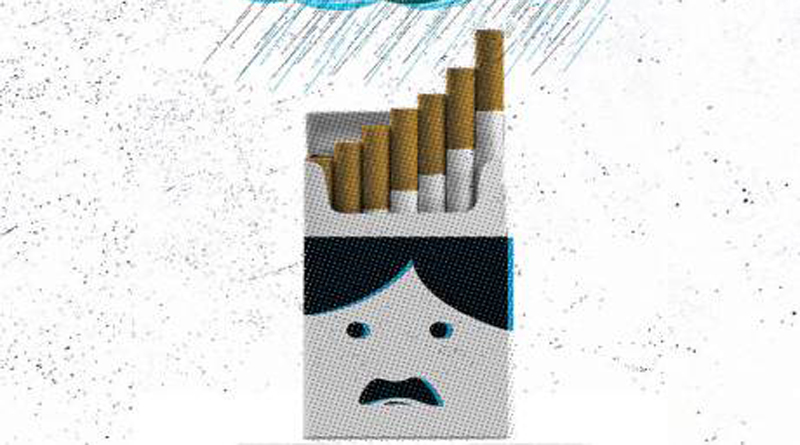The Gulf Cooperation Council countries endorsed a call by the World Health Organisation to raise taxes by 100 per cent on tobacco. The avowed aim is to reduce tobacco consumption and raise government revenue. According to the WHO and the Tobacco Free Initiative, a 10 per cent price increase on a pack of cigarettes could reduce demand for cigarettes by about 4 per cent in high-income countries. This increases to about 5 per cent in low-and-middle-income countries, where lower incomes tend to make people more sensitive to price changes. The WHO Report on the Global Tobacco Epidemic 2015 estimates that about six million people a year die from tobacco-related diseases. This is forecast to increase to eight million people by 2030. So reducing consumption by raising cigarette prices could have important health benefits. This issue is the best policy measure to achieve the desired objectives of improving health outcomes while preserving and/or increasing government revenues from taxing tobacco. The issue typically pits finance ministers who find taxing tobacco, alcohol, gambling and other ‘pleasures’ a highly lucrative contributor to public revenues against health ministers and others who want to severely shrink consumption.


